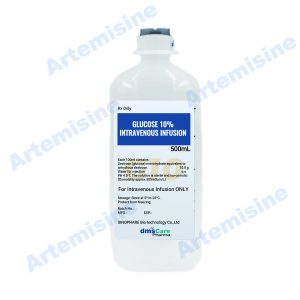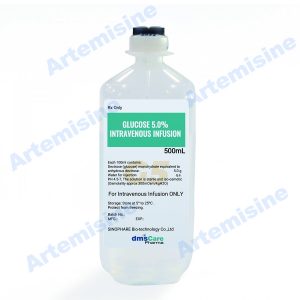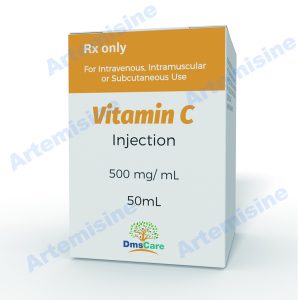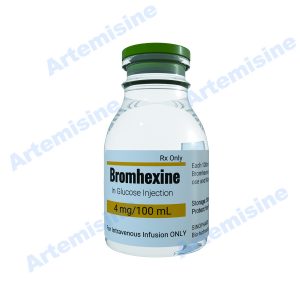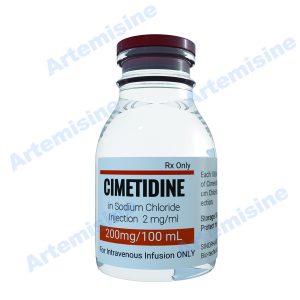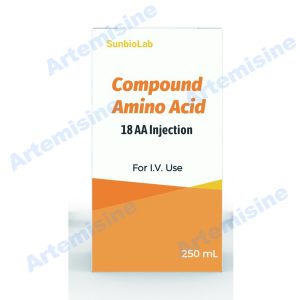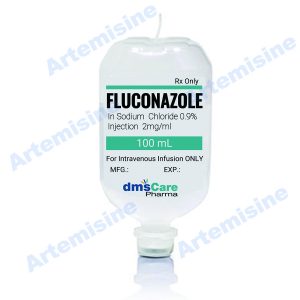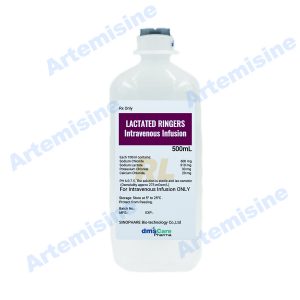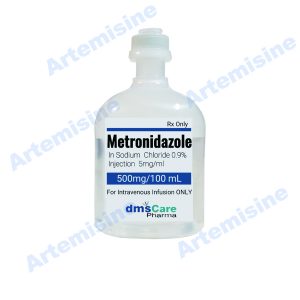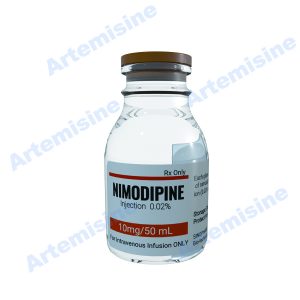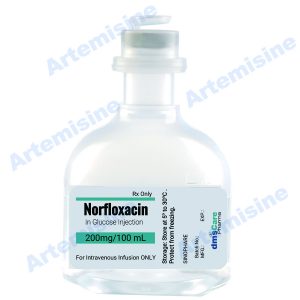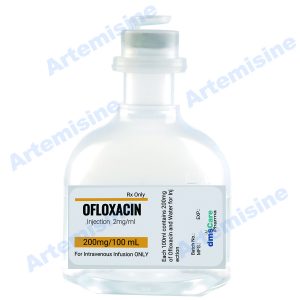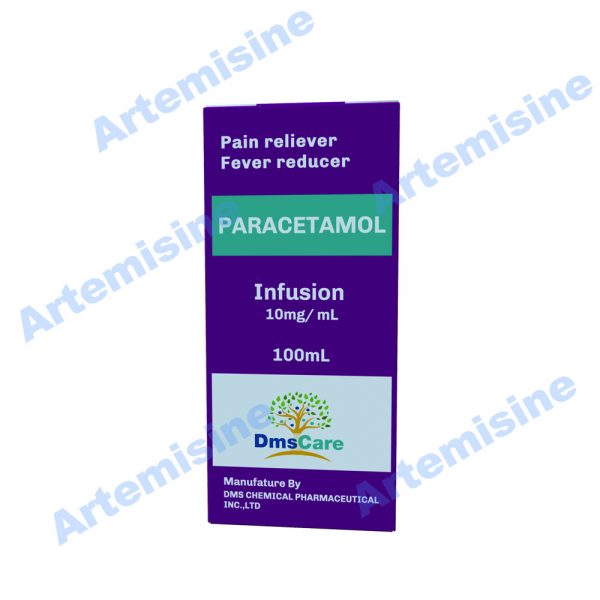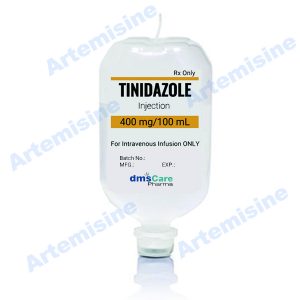Infusion medicines are a critical component of modern healthcare, delivering therapeutic agents directly into the bloodstream through intravenous administration. This method offers a rapid and precise way to introduce medications, nutrients, or fluids into the body. Infusions play a crucial role in various medical settings, from emergency care to chronic disease management.
**Intravenous (IV) Infusions:**
Intravenous infusions involve the direct injection of medication or fluids into a patient’s vein. This route of administration enables the rapid onset of action, making it suitable for emergency situations, critical care, and certain treatments that require immediate and reliable delivery.
**Types of Infusion Medicines:**
1. **Therapeutic Medications:** Infusions are commonly used to administer therapeutic medications, including antibiotics, pain relievers, and chemotherapy drugs. The intravenous route ensures a swift and controlled delivery, crucial for optimizing the medication’s effectiveness.
2. **Fluid Replacement:** Intravenous infusions are employed for fluid replacement, especially in situations such as dehydration, surgery, or critical illnesses. Electrolytes and nutrients may also be included in these infusions to maintain proper physiological balance.
3. **Blood and Blood Products:** Infusions are a primary method for administering blood transfusions and blood products such as plasma or platelets. This is vital in situations where patients require additional blood components due to surgery, trauma, or medical conditions affecting blood composition.
**Advanced Drug Delivery Systems:**
The development of advanced drug delivery systems has significantly enhanced the precision and safety of infusion medicines. Infusion pumps, for example, allow for controlled and programmable administration of medications, reducing the risk of errors and improving patient outcomes.
**Home Infusion Therapy:**
In recent years, there has been a growing trend in home infusion therapy. Patients with chronic conditions who require ongoing infusions, such as those receiving intravenous antibiotics or biologic therapies, can receive treatment in the comfort of their homes. This approach promotes patient convenience, reduces healthcare costs, and can improve overall quality of life.
**Challenges and Considerations:**
Formulating infusion medicines requires careful consideration of factors such as stability, compatibility, and sterility. Pharmaceutical companies work diligently to ensure that these medications meet the highest standards to guarantee patient safety and treatment efficacy.
In conclusion, infusion medicines are indispensable in healthcare, providing a reliable and efficient means of delivering medications and essential fluids. Advances in technology continue to refine infusion therapy, making it an integral part of various medical interventions and contributing to improved patient care.

